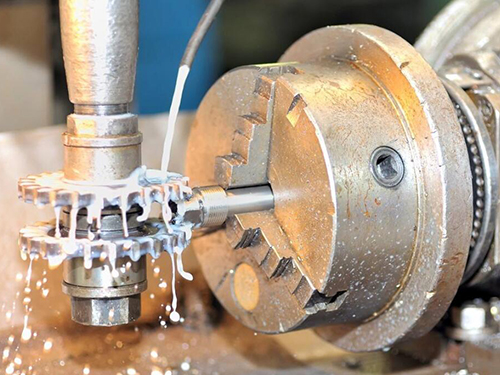It took thousands of years for small screws to be invented until they were tightened clockwise and loosened counterclockwise. Have the gold powder thought about a problem, why do they have to be tightened clockwise?

The six simplest mechanical tools are: Screws, Inclined Surfaces, Levers, Pulleys, Wedges, Wheels, Axles.
The screw is among the six simple machines, but to put it bluntly, it is just an axis and an inclined plane winding around it. Today, screws have developed standard sizes. The typical method of using a screw is to tighten it clockwise (as opposed to counterclockwise to loosen).
However, since the screws at the beginning of the invention were all made by hand, the fineness of the screws was not consistent, which was often determined by the personal preference of the craftsman.
In the mid-16th century, French court engineer Jaques Besson invented a lathe that could be cut into screws, and this technology was later popularized in 100 years. The Englishman Henry Maudsley invented the modern lathe in 1797, and with it, the fineness of the threads was significantly improved. Nevertheless, there is no uniform standard for the size and fineness of screws.

This situation changed in 1841. Joseph Whitworth, an apprentice of Maudsley, submitted an article to the Institute of Municipal Engineers calling for the integration of screw models. He made two suggestions:
1. The inclination of the screw thread should be 55 °.
2. Regardless of the diameter of the screw, a certain standard should be adopted for the number of wires per foot.
We are a reliable supplier and professional in CNC service. If you need our assistance please contact me at info@anebon.com.
Post time: Apr-16-2020

